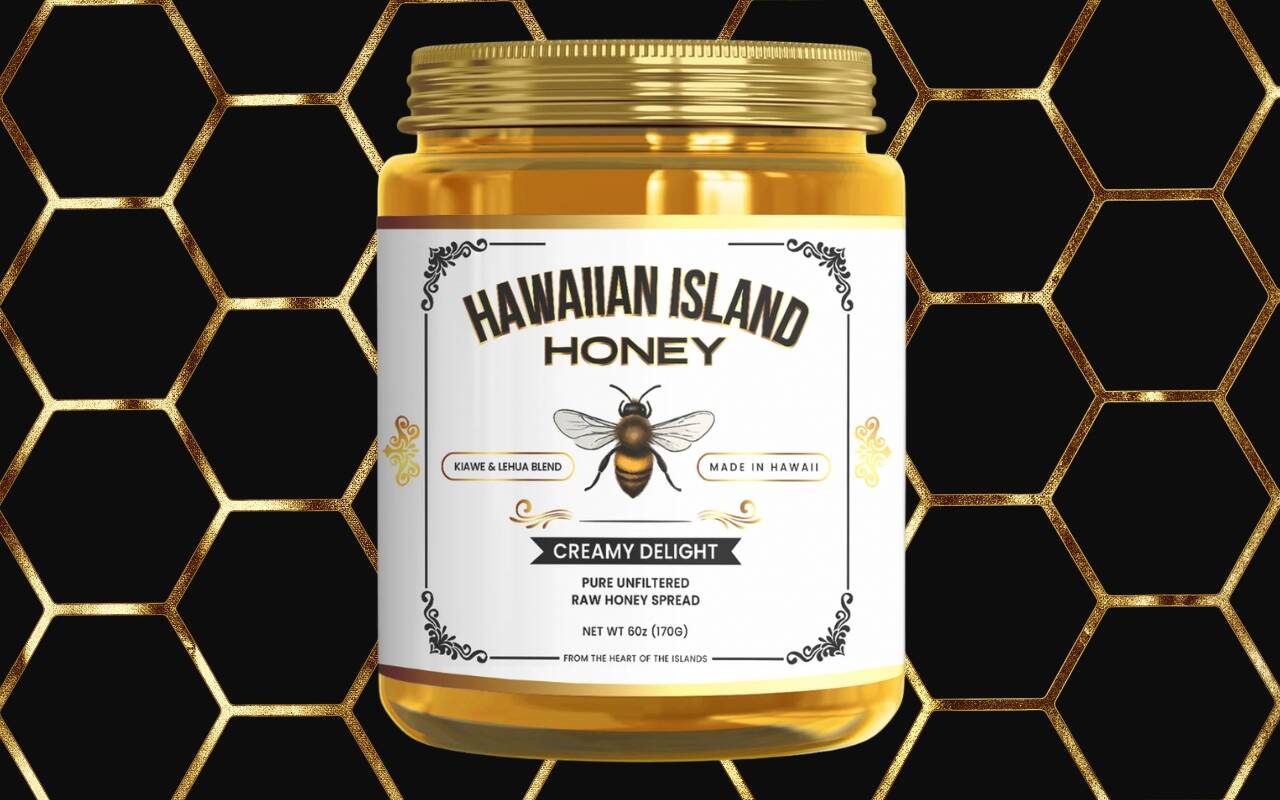In the world of natural sweeteners, honey stands out for its rich flavors and health benefits. Among the myriad of honeys available, Kiawe Honey and Manuka Honey have garnered significant attention for their unique properties and distinct flavors. But when it comes to choosing between the two, which is better? Let's delve into the specifics of each to help you make an informed decision.
What is Kiawe Honey?
Kiawe Honey is a rare and exquisite type of honey primarily produced in Hawaii. Derived from the nectar of the Kiawe tree (Prosopis pallida), also known as the Algarrobo tree, this honey is renowned for its smooth, creamy texture and subtle sweetness.
Unique Characteristics of Kiawe Honey
- Texture and Flavor: Kiawe Honey is known for its silky, creamy texture, often compared to smooth butter. Its flavor is mildly sweet, making it a perfect addition to teas and desserts.
- Crystallization: One of the unique features of Kiawe Honey is its natural tendency to crystallize into a creamy, spreadable form, without any additives.
- Rarity: The production of Kiawe Honey is limited to certain regions in Hawaii, making it a rare and sought-after delicacy.
What is Manuka Honey?
Hailing from New Zealand, Manuka Honey is revered for its medicinal properties and rich, earthy flavor. It is produced from the nectar of the Manuka bush (Leptospermum scoparium), and is often used in alternative medicine.
Unique Characteristics of Manuka Honey
- Medicinal Properties: Manuka Honey is prized for its antimicrobial and anti-inflammatory properties, attributed to its high content of methylglyoxal (MGO).
- UMF Rating: Unique Manuka Factor (UMF) rating is a standard that measures the potency and quality of Manuka Honey. A higher UMF indicates greater antibacterial strength.
- Rich Flavor: Manuka Honey has a robust, earthy flavor with a slightly bitter aftertaste, making it distinct from other honeys.
Health Benefits: Kiawe vs. Manuka Honey
Both Kiawe and Manuka honeys are celebrated for their health benefits, yet they offer different advantages.
Benefits of Kiawe Honey
- Digestive Health: The mild sweetness of Kiawe Honey can aid in digestion and soothe an upset stomach.
- Antioxidant Properties: Rich in antioxidants, Kiawe Honey helps combat free radicals and reduce oxidative stress.
- Allergy Relief: Due to its local production, Kiawe Honey may provide relief for those suffering from seasonal allergies in Hawaii.
Benefits of Manuka Honey
- Wound Healing: Manuka Honey's antibacterial properties make it effective for wound healing and treating skin infections.
- Immune Support: Regular consumption of Manuka Honey is believed to boost the immune system and fight off infections.
- Oral Health: Manuka Honey reduces plaque and promotes oral health, thanks to its antimicrobial effects.
Culinary Uses: Kiawe vs. Manuka Honey
Both honeys can elevate your culinary experiences, but they serve different purposes in the kitchen.
Kiawe Honey in Cuisine
- Tea Sweetener: Its delicate sweetness complements herbal teas without overpowering the flavor.
- Baking: The creamy texture of Kiawe Honey makes it an excellent choice for baking and desserts.
- Spread: Use it as a natural spread on toast or pancakes for a delightful breakfast.
Manuka Honey in Cuisine
- Salad Dressings: Manuka Honey adds a rich depth to vinaigrettes and salad dressings.
- Marinades and Glazes: Its robust flavor enhances marinades for meats and glazes for roasted vegetables.
- Healing Elixirs: Combine Manuka Honey with lemon and ginger for a soothing, immune-boosting drink.
The Verdict: Which is Better?
Choosing between Kiawe Honey and Manuka Honey largely depends on your preferences and needs. If you're seeking a rare honey with a creamy texture and mild taste, Kiawe Honey is an excellent choice. On the other hand, if you're interested in a honey with potent medicinal properties and a complex flavor profile, Manuka Honey is the way to go.
Conclusion: Embrace the Sweetness
Both Kiawe Honey and Manuka Honey offer unique benefits and flavors that can enrich your culinary and health journeys. By understanding their distinct characteristics and uses, you can select the honey that best aligns with your lifestyle and taste preferences.
For a delightful experience, consider incorporating both into your diet. Each honey presents its own set of advantages, making them invaluable additions to your pantry. So, why choose just one? Embrace the sweetness and enjoy the diverse flavors and health benefits both honeys have to offer.
Call to Action: Try Kiawe or Manuka Honey today and discover which one captures your heart and taste buds. Share your experiences with us in the comments below!
